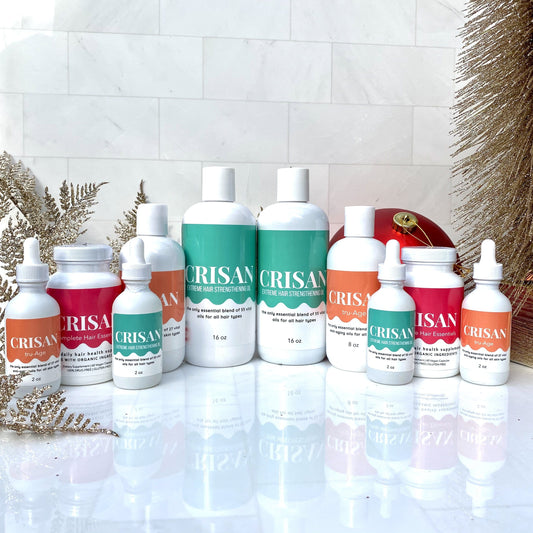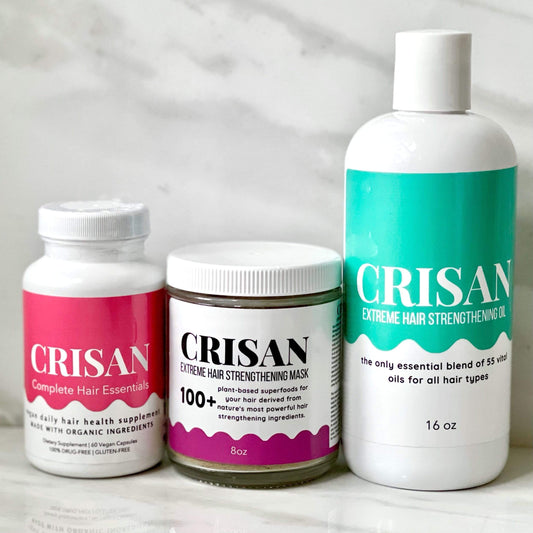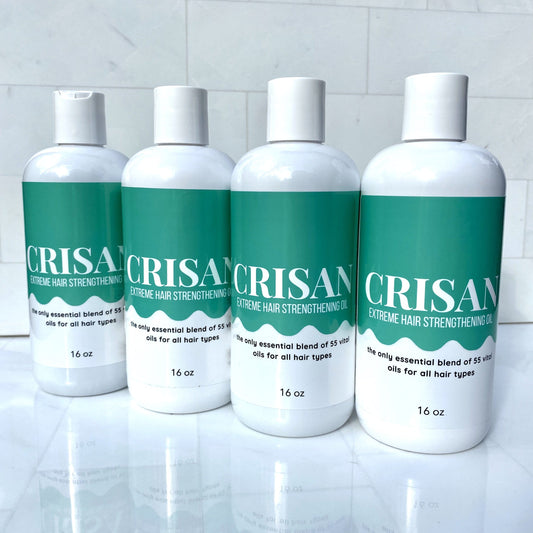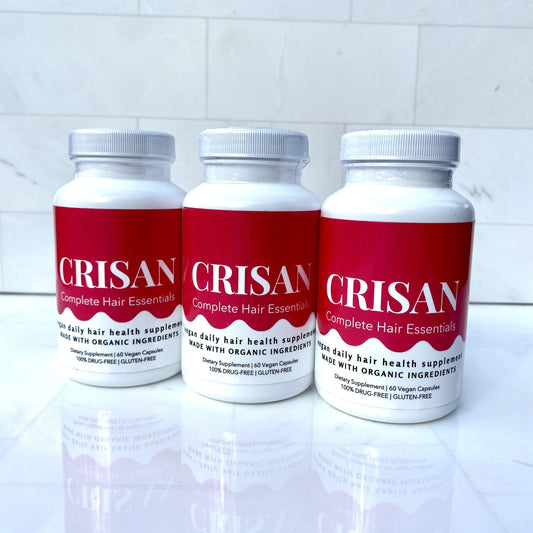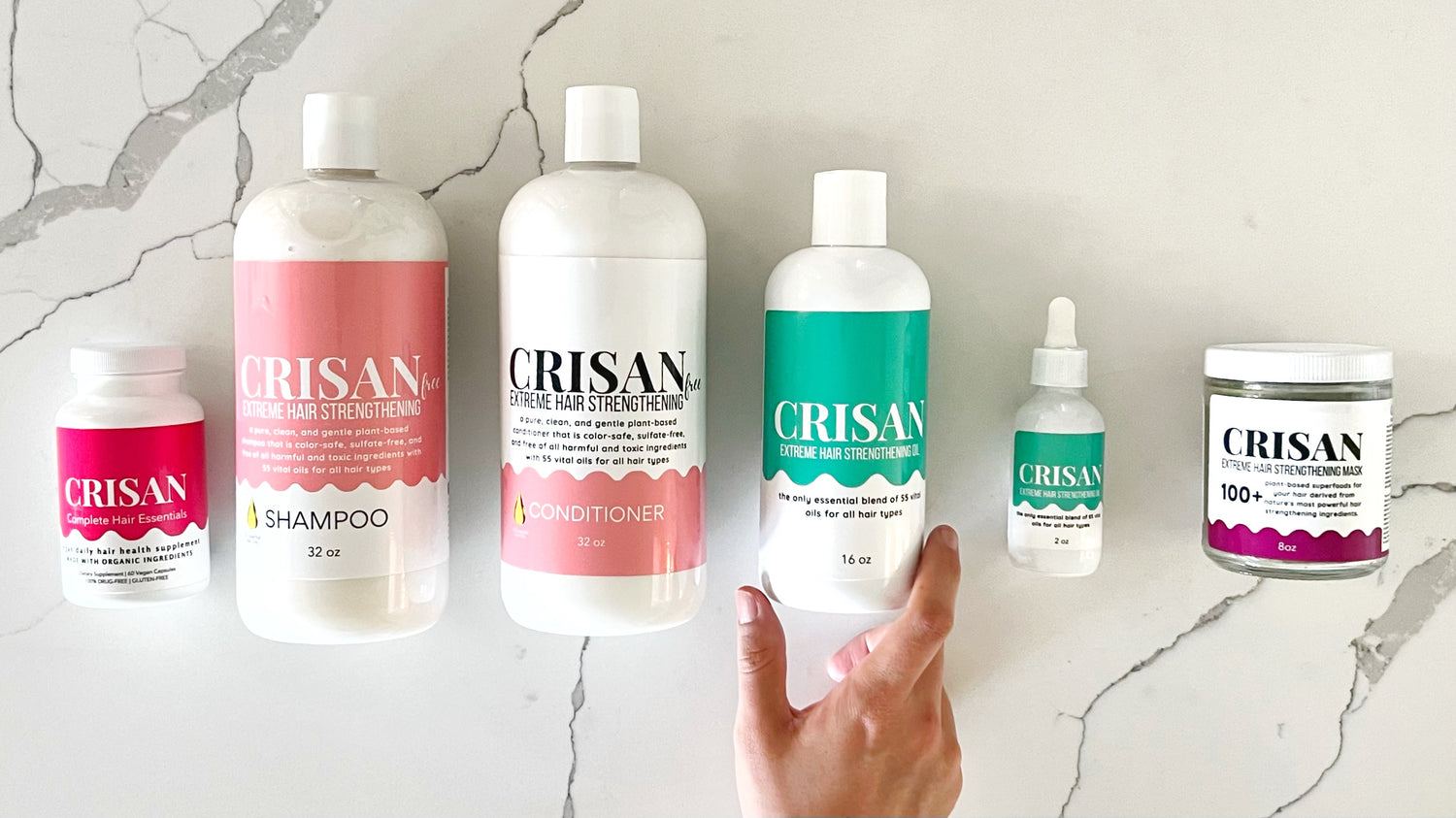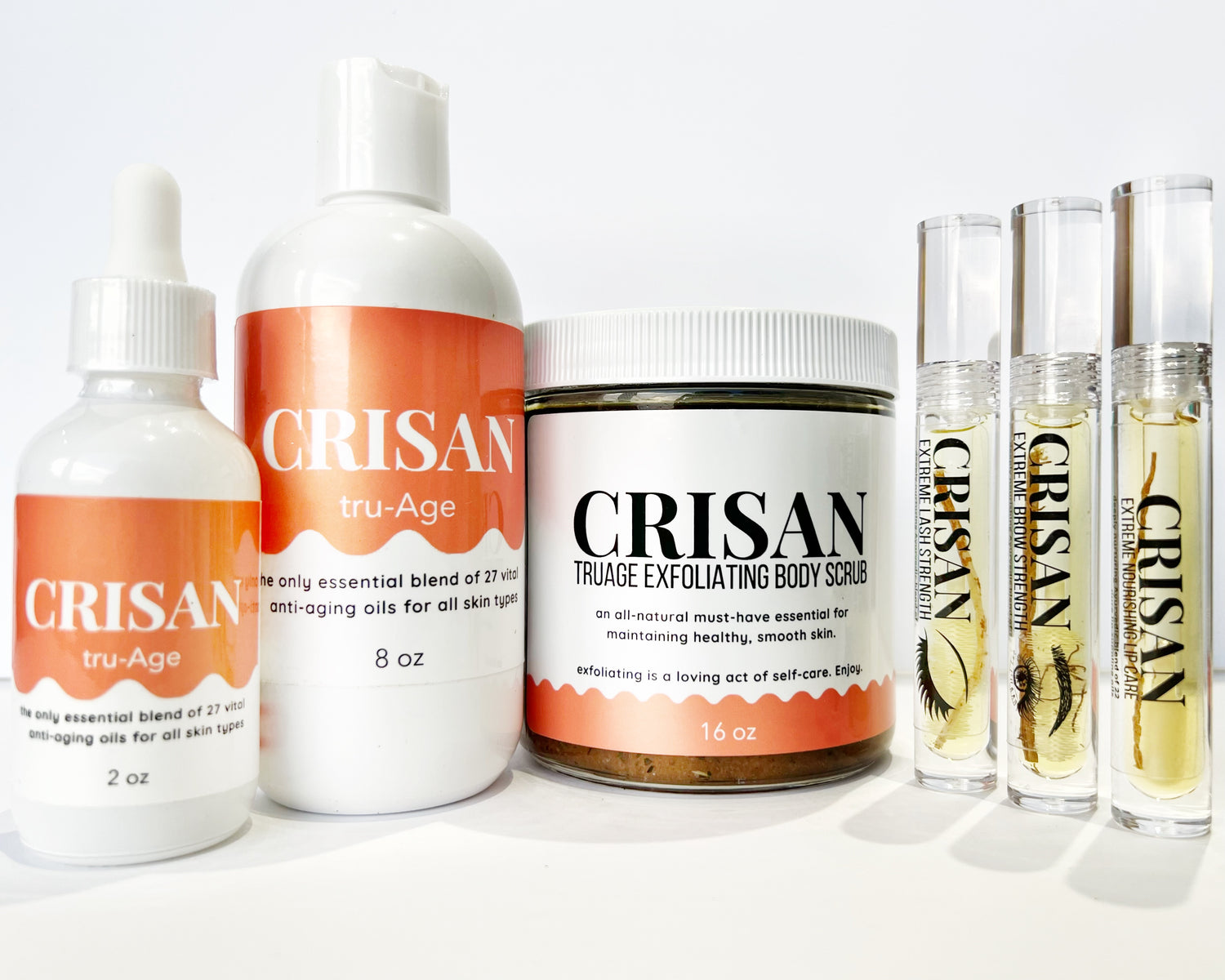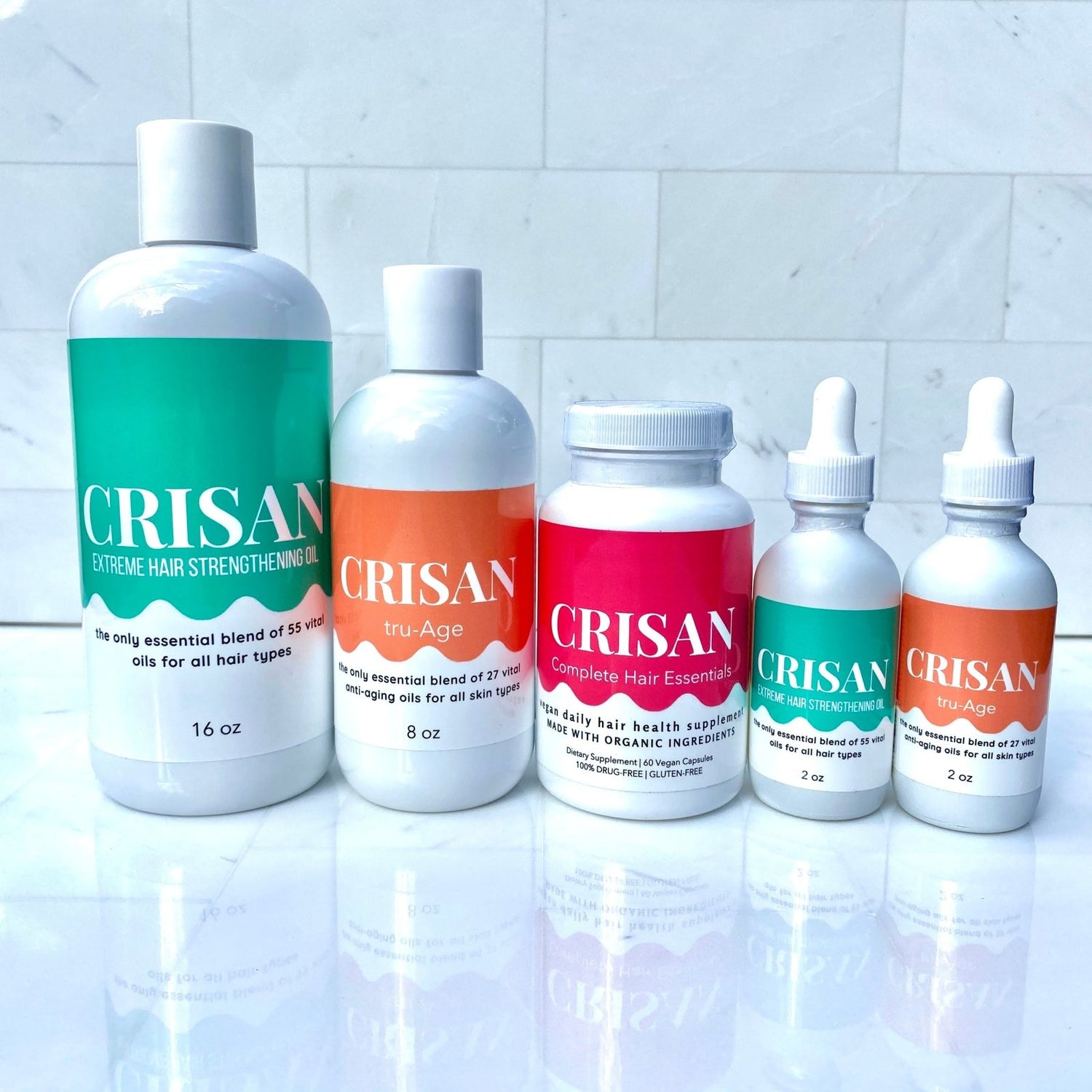Hair masks are great ways to strengthen and add shine to hair, which is especially important if your hair is dry or thinning. However, professional hair masks can be expensive. Luckily, you can make your own DIY hair mask at home with ingredients you probably already have in the kitchen. Whether your hair is dry, thinning or oily, keep reading for a recipe for the best hair mask that you can make at home!
Key Takeaways
- Homemade hair masks can be an affordable and effective solution for hair thinning.
- Natural ingredients like banana, honey, and olive oil can nourish and strengthen hair.
- Proper application and consistency are key to maximizing the benefits of hair masks.
- Combining hair masks with a healthy diet and gentle hair care practices can improve results.
- It's important to understand the causes of hair thinning to effectively address the issue.
Understanding Hair Thinning and Its Causes
Common Causes of Hair Thinning
Hair thinning can be a distressing experience, affecting both men and women at any age. Underlying illness, autoimmune conditions such as lupus, nutritional deficiencies, or hormonal imbalances may also cause hair to shed. Other common causes include genetics, stress, and the use of poorly designed hair products. It's important to remember that hair thinning is a common issue and you're not alone in this journey.
How Hair Masks Can Help
Natural hair masks can be a wonderful remedy for thinning hair. They work by nourishing the scalp, strengthening hair follicles, and promoting hair growth. Ingredients like honey, eggs, and avocado are rich in vitamins and minerals that can help restore hair health. Using these masks regularly can lead to noticeable improvements in hair thickness and overall health.
When to Seek Professional Advice
While homemade hair masks can be beneficial, there are times when professional advice is necessary. If you experience sudden or severe hair thinning, it may be a sign of an underlying health issue that needs medical attention. Consulting with a healthcare provider can help identify the root cause and provide appropriate treatment options.
Remember, whatever the cause, know that you’re beautiful and that our hair doesn’t define our beauty.
Essential Ingredients for Homemade Hair Masks
Benefits of Natural Ingredients
Using natural ingredients in your homemade hair masks can provide numerous benefits. Natural ingredients are free from harsh chemicals that can damage your hair over time. They are also rich in vitamins and minerals that nourish your hair from the inside out. For instance, avocado is packed with healthy fats and vitamins that can deeply moisturize and strengthen your hair.
Where to Source Quality Ingredients
When making your own hair masks, it's crucial to source high-quality ingredients. You can find many of these ingredients in your kitchen or at your local grocery store. For example, bananas, honey, and eggs are common household items that can be used in various hair mask recipes. If you're looking for more specialized ingredients like coconut oil or essential oils, health food stores or online retailers are excellent places to shop.
Safety Precautions
While natural ingredients are generally safe, it's important to take some precautions. Always do a patch test before applying a new ingredient to your scalp to ensure you don't have an allergic reaction. Additionally, be mindful of the shelf life of your ingredients. Using fresh, high-quality ingredients will yield the best results and minimize the risk of irritation or adverse effects.
Remember, the key to effective hair care is consistency. Incorporate these natural ingredients into your routine and pair them with gentle hair care practices for the best results.
Top Homemade Hair Masks for Hair Thinning
Nourishing Banana and Honey Mask
Bananas are packed with natural oils, potassium, and antioxidants, making them an excellent choice for a hair mask. To create this mask, mash one ripe banana and mix it with two tablespoons of honey. Apply the mixture to your hair, focusing on the roots and tips. Leave it on for 20-30 minutes before rinsing thoroughly. This mask is great for soothing and repairing cuticles damaged from coloring, hot tools, salt water, and even chlorine.
Strengthening Egg and Olive Oil Mask
Eggs are rich in protein, which is essential for strengthening hair. Combine one egg with two tablespoons of olive oil (or CRISAN Oil) and mix well. Apply the mixture to your hair and scalp, ensuring even coverage. Leave it on for 15-20 minutes before washing it out with a mild shampoo. This mask can help improve the thickness and growth of your hair.
Moisturizing Avocado and Coconut Oil Mask
Avocado is rich in vitamins and healthy fats, while coconut oil is known for its deep moisturizing properties. Mash one ripe avocado and mix it with two tablespoons of coconut oil. Apply the mixture to your hair, focusing on the ends. Leave it on for 20-30 minutes before rinsing thoroughly. This mask is perfect for dry, thinning hair and can help restore its natural shine.
Pro Tip: For best results, use these masks once a week. Consistency is key to seeing improvements in hair health.
These homemade hair masks are not only effective but also budget-friendly. They utilize natural ingredients that you probably already have in your kitchen, making them a convenient option for anyone looking to improve their hair health.
How to Apply Hair Masks for Best Results
Step-by-Step Application Guide
- Prepare the Mask: Whip up a luscious hair mask with just a tablespoon of coconut oil and a single egg yolk. Put them together in a bowl and whisk away.
- Apply Evenly: Using your fingertips, massage the formula into your scalp, working your way down to your ends. Cover your hair with a shower cap or plastic wrap.
- Wait Patiently: Let the mask set for at least 30 minutes. This allows the nutrients to penetrate deeply into your hair strands.
- Rinse Thoroughly: Rinse out the mask using warm water and shampoo. Follow your regular hair conditioning routine.
Tips for Maximizing Benefits
- Consistency is Key: Use the hair mask weekly for the best results.
- Enhance the Formula: Adding a few drops of almond or jojoba oil to the mask might help dry hair.
- Adjust for Hair Type: Reduce coconut oil in masks for oily hair.
Common Mistakes to Avoid
- Skipping the Scalp: Ensure you apply the mask from your scalp to the ends of your hair.
- Not Covering Your Hair: Use a shower cap or plastic wrap to keep the mask in place and seal in the heat from your scalp.
- Rushing the Process: Let the mask sit for at least 30 minutes to maximize its benefits.
For those experiencing significant hair thinning, it might be beneficial to explore tips on organic hair care for thinning hair, prevention, thickening, stopping hair loss, and strengthening with natural remedies.
Additional Tips for Managing Hair Thinning
Managing hair thinning can be a multifaceted approach that includes diet, gentle hair care practices, and stress management techniques. Here are some essential tips to help you on your journey to healthier hair.
Diet and Nutrition
A nutrient-rich diet is crucial for maintaining healthy hair. Incorporate foods rich in vitamins and minerals, such as leafy greens, nuts, and fish. A balanced diet can significantly impact hair health. Consider adding organic supplements for hair thinning to your routine to ensure you're getting all the necessary nutrients.
Gentle Hair Care Practices
Adopting gentle hair care practices can prevent further damage to thinning hair. Use a wide-toothed comb to detangle your hair and avoid excessive heat styling. When choosing hair care products, opt for organic options. Learn how to choose organic shampoo for thinning hair and how to apply organic conditioner for hair thinning to minimize damage.
Stress Management Techniques
Stress can exacerbate hair thinning, so it's important to find effective ways to manage it. Practices such as yoga, meditation, and regular exercise can help reduce stress levels. Additionally, discover natural remedies for thinning hair in 2024, including how to use organic essential oils for hair thinning to promote relaxation and improve scalp health.
Remember, managing hair thinning is a journey that requires patience and consistency. By incorporating these tips and exploring how to create an organic hair care routine for thinning hair, you can take proactive steps towards healthier, fuller hair.
Frequently Asked Questions About Homemade Hair Masks
How Often Should You Use Hair Masks?
For optimal results, it's generally recommended to use a homemade hair mask once a week. Overuse can lead to product buildup, which may weigh your hair down and make it look greasy. However, the frequency can vary depending on your hair type and specific needs.
Can Hair Masks Replace Conditioners?
While hair masks are deeply nourishing, they are not a complete substitute for conditioners. Conditioners are designed for daily use to detangle and smooth the hair, whereas masks provide intensive treatment. It's best to use both for salon-worthy softness and overall hair health.
Are There Any Side Effects?
Homemade hair masks are generally safe, but it's important to be aware of potential allergies. Always perform a patch test before applying a new mask to your entire scalp. If you experience any irritation or discomfort, discontinue use immediately.
Remember, natural doesn't always mean safe for everyone. Always consider your unique sensitivities and consult a healthcare provider if you're unsure.
Are you curious about the benefits of homemade hair masks? Our 'Frequently Asked Questions About Homemade Hair Masks' section has all the answers you need. From ingredients to application tips, we've got you covered. For more detailed guides and to explore our range of hair care products, visit our website today!
Conclusion
Taking care of thinning hair doesn't have to be a daunting or expensive task. With the right ingredients, many of which you likely already have in your kitchen, you can create effective and nourishing hair masks at home. These DIY hair masks not only help in strengthening and adding shine to your hair but also provide a natural and affordable solution to combat hair thinning. Remember, consistency is key, and with regular use, you can see significant improvements in the health and appearance of your hair. Give your hair the love and care it deserves, and enjoy the journey to thicker, healthier locks.
Frequently Asked Questions
How often should you use hair masks?
It's generally recommended to use a hair mask once a week. However, if your hair is extremely dry or damaged, you might benefit from using it twice a week.
Can hair masks replace conditioners?
While hair masks provide deep conditioning and nourishment, they should not replace your regular conditioner. Use hair masks as a supplementary treatment for best results.
Are there any side effects to using homemade hair masks?
Homemade hair masks are usually safe, but it's essential to do a patch test before applying them to your scalp. Some ingredients may cause allergic reactions or irritation.
What are the best ingredients for hair thinning?
Ingredients like eggs, honey, avocado, and coconut oil are excellent for nourishing and strengthening thinning hair. They provide essential nutrients that promote hair health.
Can I leave a hair mask on overnight?
Some hair masks can be left on overnight, especially those that contain natural oils. However, it's crucial to check the specific recipe and ensure it's safe for prolonged use.
How do I store homemade hair masks?
Store homemade hair masks in an airtight container in the refrigerator. They typically last for about one week, but always check for any signs of spoilage before use.


